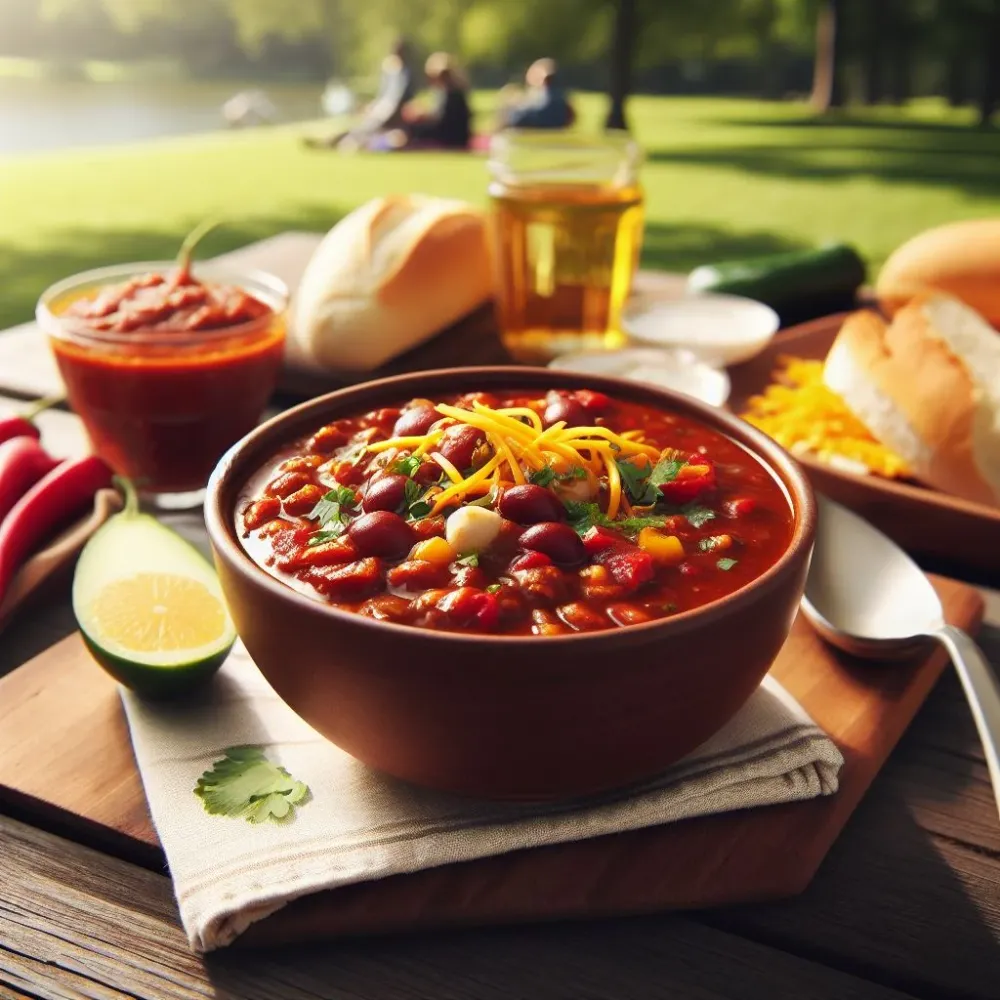Balancing Flavors in Chili Recipes
When cooking chili, it can sometimes be difficult to balance all of the complex flavors. A common issue is a "flavor gap" in the middle of the taste profile. This refers to a dead spot between the bright opening flavors and the big spice kick at the end. Bridging this gap results in a more cohesive, well-rounded chili.
Diagnosing the Flavor Gap
The flavor gap happens when the initial aromatics and seasonings taper off too soon before the chili heat builds. This leaves an unsatisfying empty spot mid-taste. The gap may be caused by inadequate spices, improper chili paste-to-fresh pepper ratios, or not enough umami.
Filling the Flavor Gap
- Extra herbs and spices - Adding more layers of seasoning during simmering can help fill flavor voids. Oregano, cumin, coriander are great options.
- Umami ingredients - Ingredients like tomato paste, worcestershire sauce, and soy sauce add savoriness. A small amount of dark chocolate also boosts umami.
- Proper chili paste ratios - Balancing dried chili paste with fresh chili peppers helps bridge gaps. Adjust ratios to taste.
- Salty seasonings - A bit of extra salt throughout the cooking process can magnify flavors. Anchos and chipotles also add smoky saltiness.
- Acidic components - Things like citrus juice, vinegar, and tomato products brighten flavors in the mid-range.
Preventing Recipes from Becoming Unbalanced
- Add sweeteners like brown sugar gradually and taste frequently to avoid overpowering other flavors.
- Blooming spices in oil helps them fully release flavors.
- Simmer uncovered to reduce excess liquid that can mute flavors.
Paying attention to the flavor arc when cooking chili takes some practice, but is worth it for the big chili payoff. A balanced, harmonious chili with no flavor gaps is a thing of beauty!





